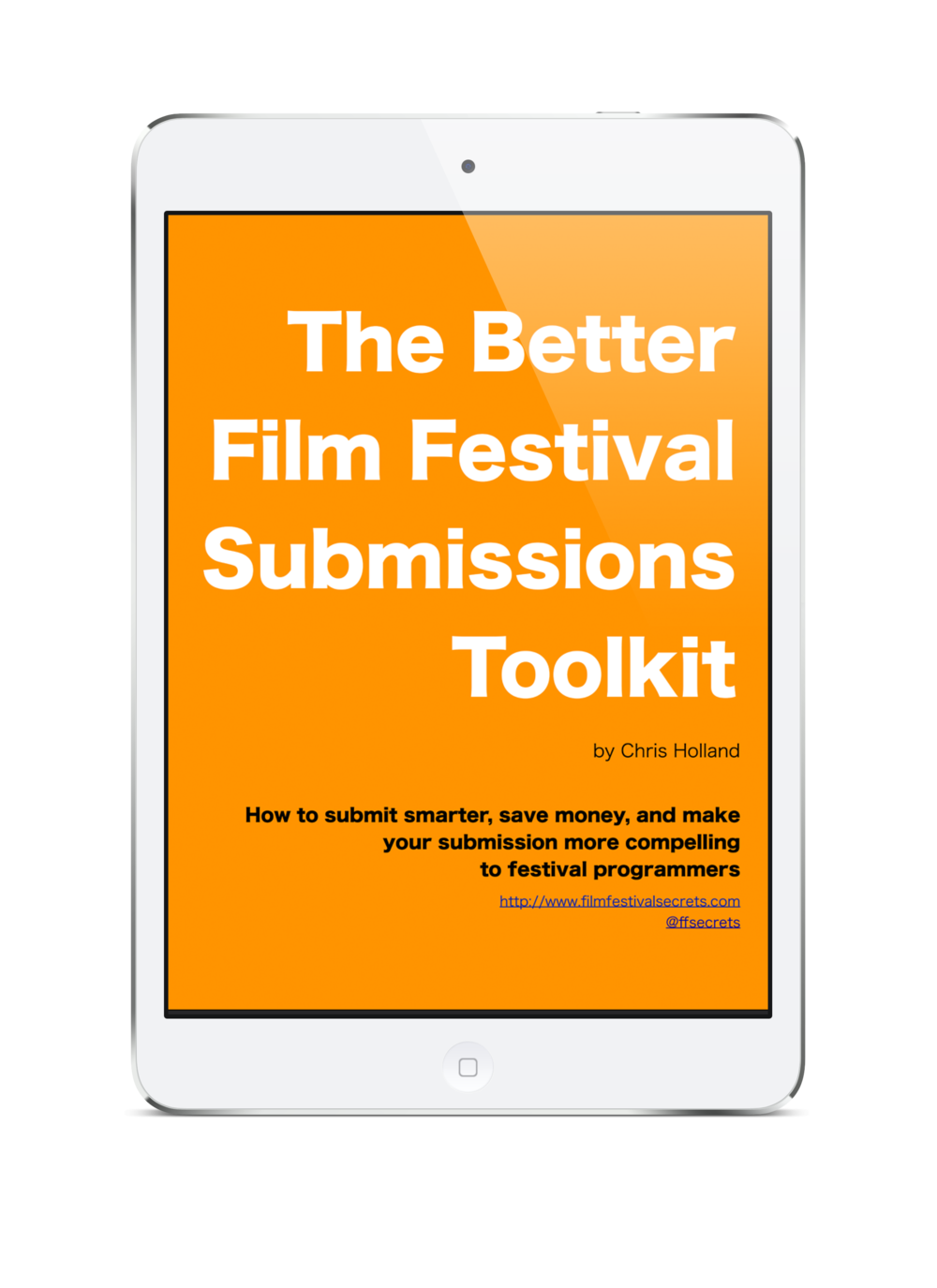How Do You Know When it’s Time to Stop Submitting Your Film to Festivals?
Heidi Burkey, director of documentary feature Makin' Wookiee, asks: How do you know when to stop submitting to festivals?
Netflix orders documentary miniseries by creator of "Jiro Dreams of Sushi"
What "Stripped" teaches us about the future of self-distribution and the marketing power of "Calvin & Hobbes."
This is the future of film distribution that "the industry" has anticipated in increasing degrees over the last decade: filmmakers creating quality content, cultivating an audience, and selling directly to that audience with as few middlemen as possible. The tools for this distribution model have been sneaking up on us but they finally seem ready for prime time. More importantly, there finally exists a critical mass customers who have the technology to watch movies this way -- and they seem perfectly fine "owning" just a digital file.
Now Backing: Do I Sound Gay? (George Takei interview outtake)
The D-Word: The D-Word "15 for 15" Campaign
From The D-Word, an online community for documentary filmmakers.
Long before Facebook, long before Twitter, there was The D-Word.
This year, The D-Word will celebrate its 15th year – a remarkable amount of time for a free online community built on peer sharing to survive, let alone thrive. And thriving we are. With over 10,600 members from 127 countries, we’re a virtual community that truly reaches documentary filmmakers the world over.
In all these years we’ve only gone through one redesign, made possible by the generosity of D-Word members back in 2007. Now, in time for our 15th birthday, we’d like to update our design and functionality, and once again we’re turning to our community to help make that happen. We’ll be launching a 6-week crowdfunding campaign on March 3 with a goal of raising $15,000 to cover the costs of the upgrades. Call it our “15 For 15” campaign.
The D-Word has long been one of my go-to places to gauge the trends and concerns of the documentary film community. If you've never been there and you make docs, you owe it to yourself to go there now. If you're already aware of them, it's time to go back and chip in a few bucks.
I especially like this promise in their list of intended new features: Friendly, modern emails which don't look like they were created in 1999.
Allow me, half-jokingly, to also suggest: A logo bigger than 155x41 pixels.
The best collection of film distribution advice you're likely ever to see in one place
Thom Powers, who programs documentary films for more film festivals than is probably good for him, gathered the latest in doc distribution wisdom from a wide range of filmmakers. A must-read.
My favorite tidbit:
ALEX GIBNEY (DIRECTOR, WE STEAL SECRETS: THE STORY OF WIKILEAKS): Ask every dumb question you can think of. The dumb questions are always the best ones because they tend to provoke the clearest answers. Don’t ever pretend to know more than you do. That is the best way to get conned.
Goodbye, Silverdocs: Hello, AFI Docs
Ann Hornaday, writing for The Washington Post:
The festival, now known as AFI Docs presented by Audi, will have a new presence in Washington, its director, Sky Sitney, announced Thursday. In addition to gala screenings at the Newseum, the festival will present films at other D.C. venues, including the National Portrait Gallery and the National Museum of American History.
It's always risky for a festival to expand to new venues and new audiences, but it sounds like the right time and the right reasons for the festival formerly known as Silverdocs.
Hot Docs 2013 - Meet the Staff and Virtual Lounge
Doug Block, writing for The D-Word:
Hot Docs staffers Charlotte Cook, Elizabeth Radshaw, Sarafina DiFelice, Stephanie McArthur, Chloe Sosa-Sims, Ellen Tang and Dorota Lech will help us kick off our annual Hot Docs topic, which continues through the festival (April 25 to May 5) and beyond."
The D-Word is a great site for doc filmmakers, and this "virtual lounge" concept looks like an interesting way to get direct access to festival programmers and staff. If you've got a question, post it now before they get too busy to answer.
Watch This: Sugar Rush Hour
Sugar rush hour from Bianca Consunji on Vimeo.
This is admirable filmmaking: a documentary exactly as long as it needs to be, and not a second more. There are filmmakers out there who would try to make a feature-length doc out of this but documentarian Bianca Consunji sums up a man's life in two exquisite minutes. I don't know if this was submitted to film festivals but it could play a ton of them.
2011 Science Film Festival tours Indonesia

Science documentarians take note: this touring science film festival may be the place for your film, particularly if it caters to children.
From the Jakarta Post:
The Science Film Festival is a roadshow of 16 science-themed documentaries geared to children and youth. This year, the Goethe Institute, as the organizers of the event, has settled on 20 venues across 12 cities stretching from Jakarta to Gowa and Jayapura in which to screen the free movies.
Agus added that the movies highlighted not only matters of the environment, but also spoke of poverty and justice in a softer light.
“There were not many special cinematographic techniques used but the method of storytelling was adapted to children,” he said.
The movies were indeed geared to a more boisterous audience. One of the documentaries, a nearly 10-minute German film called Nine and a Half: Bees in Danger featured high school students speaking on the importance of bees and a comical woman dressed in a bee costume, complete with a detachable stinger.
The festival is held by the Goethe-Institut in Germany and select films tour Cambodia, Indonesia, and Thailand. The next call for entries opens in January.
15 doc features picked to advance in Oscars voting process
From the Academy of Motion Picture Arts & Sciences web site:
The Academy of Motion Picture Arts and Sciences today announced that 15 films in the Documentary Feature category will advance in the voting process for the 84th Academy Awards®. One hundred twenty-four pictures had originally qualified in the category.
I'm mildly disappointed that Being Elmo isn't on the list but one can hardly argue that the film hasn't been successful. If you also enjoyed its Muppety goodness, you can always vote for it in the IFP Audience Awards.
Dear Documentary Filmmakers: Pet Causes
Basil Tsiokos at What (Not) to Doc on the dangers of assuming that your pet cause merits a feature-length documentary:
If you are a filmmaker, and you enjoy making films about things happening in your life, you may feel that your pet cause is as worthy of being filmed as any other issue out there. More power to you. Make your film about why you think male dogs should be forced to wear pants, and enjoy watching the final product with your friends, family, and pets. However, if you think your two-hour long pantalooned dog advocacy project is likely to resonate with the masses, I’d wager you are probably wrong.
I would add to Tsiokos' sentiments that even if your cause does merit a feature-length doc, be careful not to conflate the film and the cause.
Chances are your film will be rejected from more than a few film festivals. That doesn't mean that the festival and its staffers don't believe in the cause – it just means they don't want to play your film.
In the months and years immediately following Hurricane Katrina, I saw this a lot at various festivals. A fest would reject a film about pets who were orphaned after the storm or the plight of displaced kids and the filmmakers would start hurling accusations.
"You don't care about starving animals!" they'd say, usually in an hastily (and angrily) composed email. (This charge leveled at one fest was particularly silly, as the head programmer was married to the director of an animal shelter.) The filmmakers just couldn't wrap their heads around the idea that rejecting a film isn't the same thing as rejecting the ideas behind it.
If you find yourself in this situation, consider the fact that a documentary doesn't have to play festivals to benefit the cause. If raising awareness is the goal, getting the film out there online (and perhaps creating a few versions of different lengths) will probably get more eyes on the issue and effect more change.







